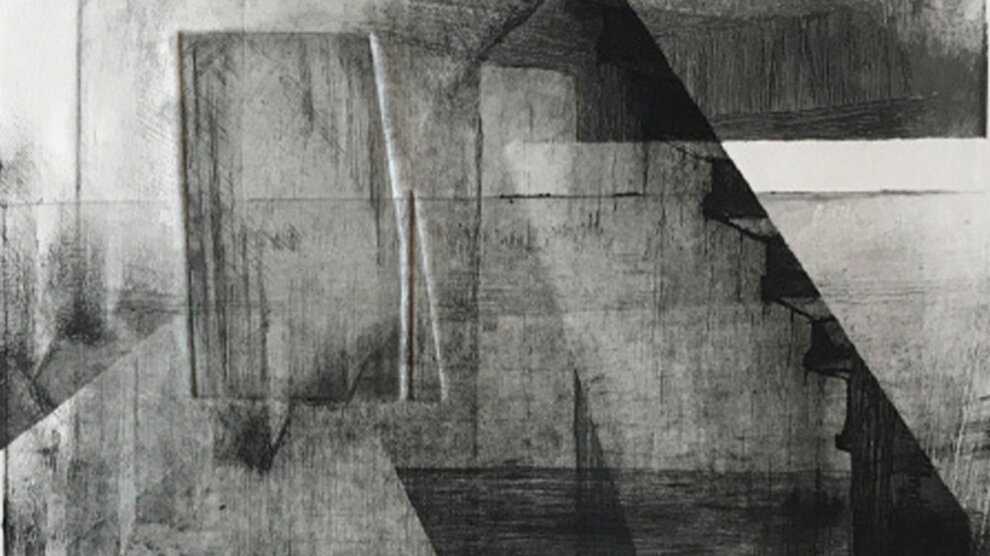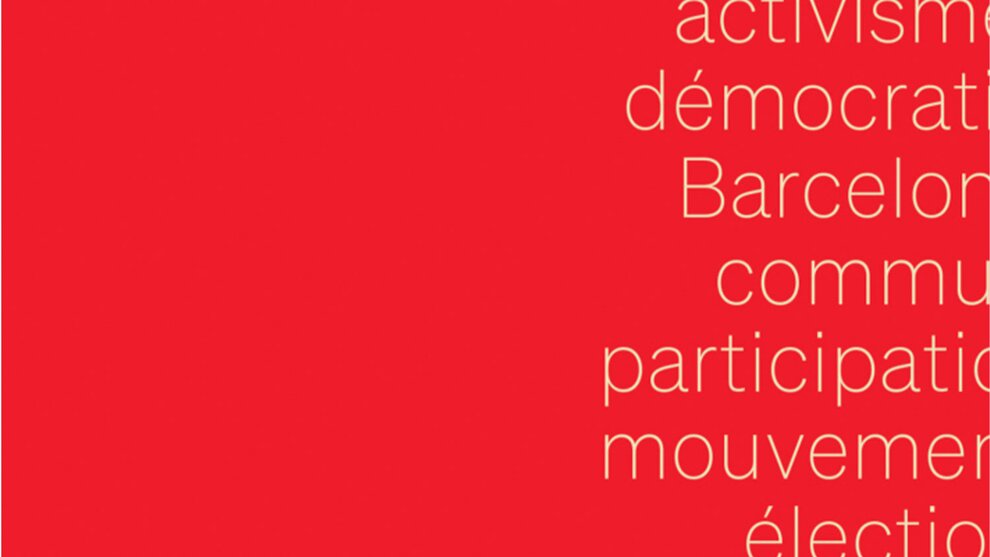Women, violence and exiting from violence with a gendered approach

This report presents a gendered approach to understanding violence and ways of exiting violence. It emphasises the importance of studying violence in the private and public spheres, as well as gender-based violence wherever it may occur. These different types of violence are linked by the thread of gender and can be analysed under the concept of the 'continuum of violence'. A gendered approach also emphasises the need to address social injustice and structural inequalities all round: ending gender-based violence, guaranteeing women's equal access to resources and addressing all forms of inequalities, oppressions and exploitation. This report highlights examples where women have been active in contributing to ending violence and injustice, as social actors in their own right, in the region, locally, nationally and internationally.
The authors
Najwa Adra is a cultural anthropologist with over 30 years of academic field research and expe-rience in international development. Her doctoral dissertation, Qabyala: The Tribal Concept in Yemen’s Central Highlands, examined the emic bases of tribal organization and identity in Yemen. In development, she has worked on diverse projects including women’s roles in agriculture, adult literacy, reproductive health, linkages between informal and formal legal systems, and intangible heritage. She is currently affiliated with the School of Social Science, Institute for Advanced Study in Princeton, New Jersey and is finalizing her book, Tribal Dynamics and Nation Building in Yemen.
Nadje Al-Ali is Robert Family Professor of International Studies and Professor of Anthropology and Middle East Studies at Brown University. Her main research interests revolve around feminist activism and gendered mobilization, mainly with reference to Iraq, Egypt, Lebanon, Turkey and the Kurdish political movement. Her publications include What kind of Liberation? Women and the Occupation of Iraq (2009, University of California Press, co-authored with Nicola Pratt); Women and War in the Middle East: Transnational Perspectives (Zed Books, 2009, co-edited with Nicola Pratt); Iraqi Women: Untold Stories from 1948 to the Present (2007, Zed Books), and Gender, Governance & Islam (University of Edinburgh Press, 2019, (coedited with Deniz Kandiyoti and Kathryn Spellman Poots)).
Sana Farhat est journaliste, enseignante du second degré et doctorante en sociologie rattachée au Centre d’Études des Sciences sociales du Religieux : Césor. Ses sujets de travail sont axés sur les questions des Femmes en Tunisie et la mobilisation dans la lutte contre la violence et l’extrémisme violent.
Danièle Joly est Professeure Emérite au Département de Sociologie à l’université de Warwick et chercheure associée au Collège d’études mondiales (MSH-Paris). Elle a dirigé plusieurs programmes de recherche internationaux. Ses recherches ont donné lieu à de nombreuses publi-cations sur les musulmans en Europe, les questions d’intégration, les réfugiés et la politique d’asile en Europe, et sur les femmes de pays à majorité musulmane en Europe et les femmes au Kurdistan d’Irak. Son livre Muslim women and Power (Palgrave macMillan), co-auteure Khursheed Wadia, a gagné le prix WJM Mackenzie, du meilleur livre de l’année en sciences politiques 2017-2018. Publié en français sous le titre, La participation civique et politique des femmes de culture musulmane (PUL).
Pénélope Larzillière is a social scientist, research fellow at the Institute for Research on Development (CEPED-Université Paris Descartes/IRD). Her research focuses thematically on politi-cal commitment and activism, including extreme forms, and the circulation of narratives and ideologies. She also works on protest art, and currently leads a research program on circulations and art activism. Her books include Activism in Jordan (Zed Books, 2016) and To Be Young in Palestine (Balland, 2004). She has also co-edited the journal issues “Révolutions, contes-tations, indignations” (Socio, 2013), “Faut-il désoccidentaliser l’humanitaire” (Humanitaire, 2010) and “Musulmanes engagées. Expériences, assignations, mobilisations” (Socio, 2018). She sits on the steering committee of the Institut d'études de l'Islam et des sociétés du monde musulman (IISMM-EHESS).
Nicola Pratt is Reader in the Politics and International Studies Department, University of Warwick, UK. She teaches and researches on the international politics of the Middle East, with a particular interest in feminist approaches as well as ‘politics from below.’ She has written and co-edited a number of books on women, gender and the Middle East, including, What Kind of Liberation? Women and the Occupation of Iraq (with Nadje Al-Ali). Her forthcoming book is entitled, Embodying Geopolitics: Generations of Women’s Activism in Egypt, Jordan and Leba-non. She is also Vice President of the British Society for Middle Eastern Studies.
The text
Two Yemeni women activists in Sanaa during the Arab Spring





